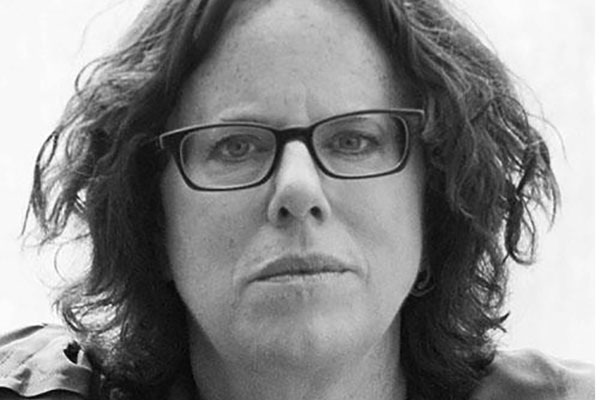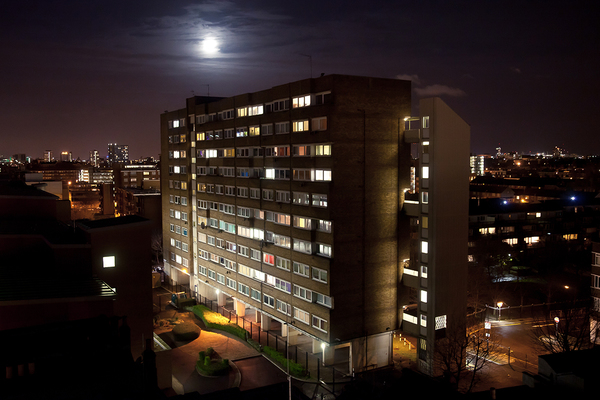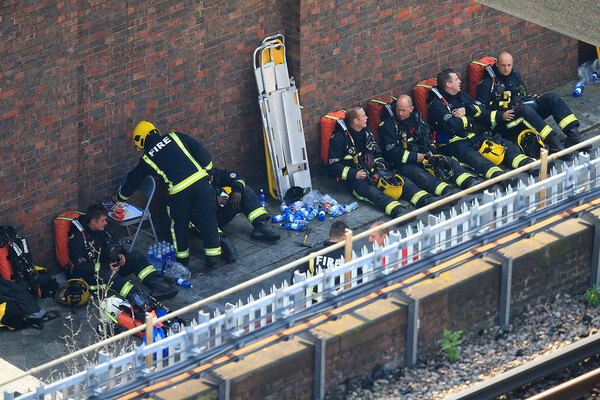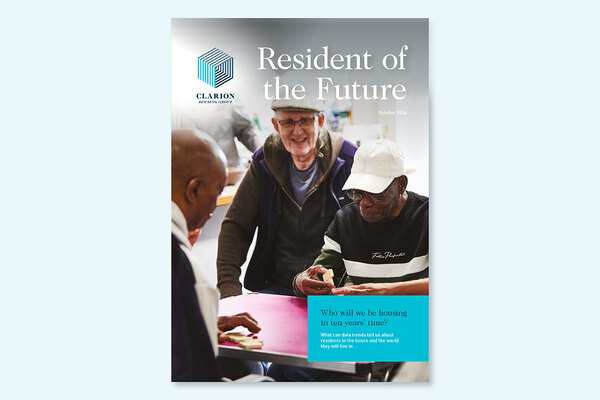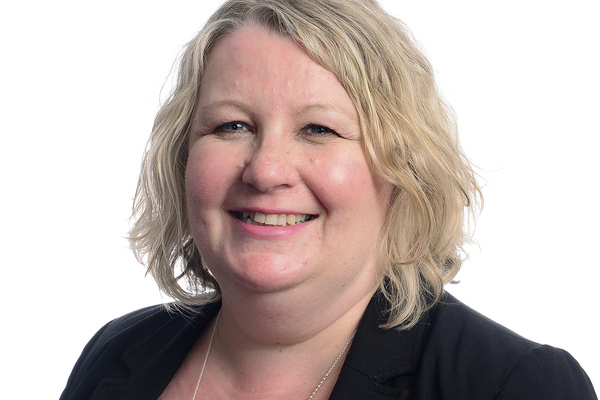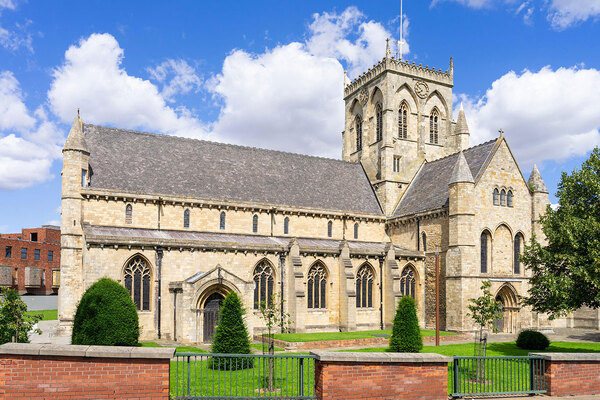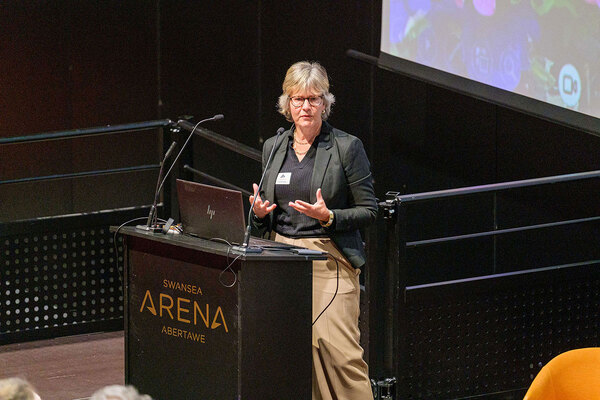You are viewing 1 of your 1 free articles
Shelter chief warns associations are damaging local women’s refuge provision
The chief executive of Shelter has called on housing associations not to bid for council contracts to run women’s refuges where they would displace existing survivor-led organisations.
Polly Neate, former chief executive of Women’s Aid, who took over the helm at Shelter last year, told Inside Housing she thinks “the charity sector is massively losing out” to housing associations and “losing its local, activist-led, community-led element”.
“It is wrong for housing associations to put local, grassroots women’s organisations out of business, and that is what is happening,” she said.
She said housing associations should refrain from bidding for contracts if they would effectively shut down existing, survivor-led services.
“It’s a choice,” she said. “Just because there’s a market there, you are not forced to participate in it. It is really important. It is not the only reason the women’s sector is under threat but it is a significant part of it.”
Many refuge services will have been set up by groups of local women, many of whom will have been survivors and “fought for years and years to get a refuge set up”, she added.
But once they have proved the need for the service and set it up, councils are parcelling up service provision in bigger contracts and tendering them out, she said.
“So what effectively is their project, that they have fought for and created, has become part of a lot in a contract and is then won by a housing association that doesn’t have that specialist long-term knowledge and understanding of domestic abuse – but also loses, especially if it is a very large housing association, the other community benefits of a locally based organisation.”
Some of those benefits include close links with local services, such as GPs and the police, she said.
“It is not just about a building where women can spend the night; it is a specialist service,” she added.
Sally Jackson, partnership manager at charity Standing Together Against Domestic Violence, which is part of the Domestic Abuse Housing Alliance along with housing associations Peabody and Gentoo Group, said the starting point for her is that there isn’t enough refuge accommodation nationally.
That means there are areas where associations can help develop or extend provision, she said.
But she added that she agreed with Ms Neate’s point “for sure” because “the advantage of very specialist organisations is that they have already built pathways between services” that can take years to build up.
